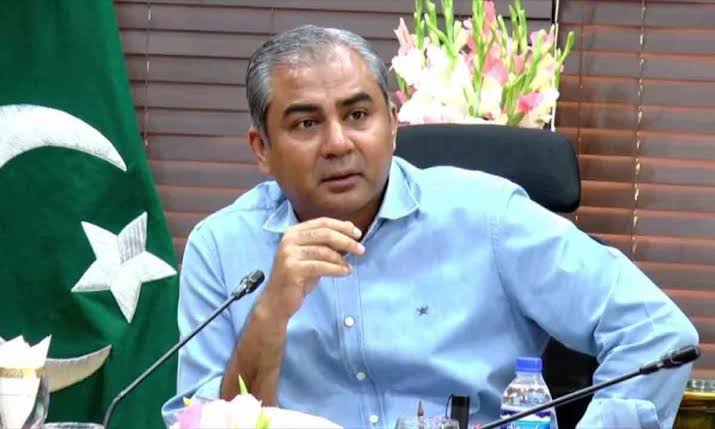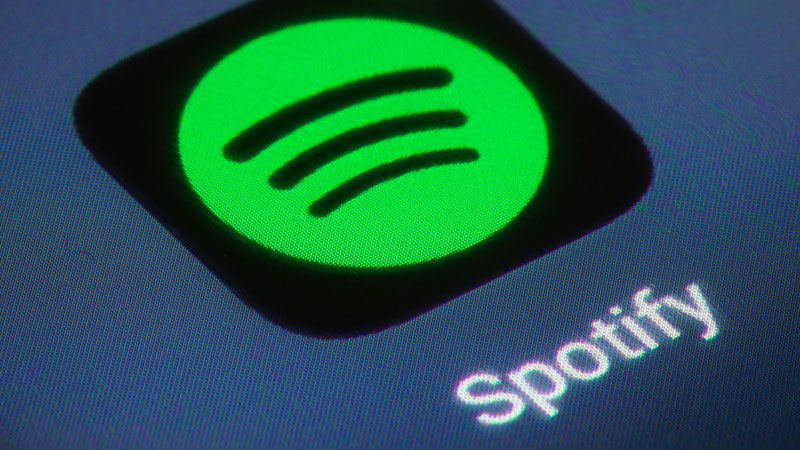— Can live-streaming care ever play a positive role in medicine?
by
Aron Solomon, JD
July 22, 2023
Solomon is a legal analyst.
Last week, the State Medical Board of Ohio revoked a plastic surgeon’s medical license due to her live-streaming of surgical procedures on TikTok.
The facts of this case make it crystal clear that the Ohio board made the right decision. Katharine Grawe, MD, once widely recognized on TikTok as @doctorroxy (named after her Roxy Plastic Surgery practice), faced allegations from at least 11 patients who reported having severe complications — infections, a perforated intestine, and a loss of brain function — after Grawe operated on them while on TikTok. Several needed further medical care.
As medical malpractice attorney Kila Baldwin observed when I spoke with her about the case, “Here, [the] Ohio board justifiably believed that revoking Dr. Katharine Roxanne Grawe’s license was necessary to protect patient privacy and maintain professional standards. The doctor’s behavior violated every tenet of the medical profession and fell well below what is expected of a competent and reasonable surgeon.”
But the case made me wonder: With a different set of facts — one in which the doctor hadn’t already had their license suspended and had maintained professional conduct — can social media play a positive role in medical practice? I believe there are some compelling reasons for legislators and courts to be more open to doctors actively (and responsibly) using social media in their practice.
Stifling Innovation and Education
If all plastic surgeons are prevented from (and punished for) live-streaming procedures, medical boards will discourage innovation and hinder the educational opportunities that arise from sharing medical knowledge. Live-streaming surgeries can provide valuable insights for aspiring surgeons, medical students, and the general public. It allows for unparalleled transparency and can help demystify the surgical process, which can go a long way to helping the general public better understand the medical field.
Note that live-streaming — in contrast to simple recording — is, for better of worse, the current social media zeitgeist. Recording is very “yesterday,” whereas live-streaming is seen by influencers as a part of today and tomorrow, and has the potential to reach a broader audience and make a more significant impact.
Patient Empowerment and Informed Consent
Live-streaming surgeries can empower patients by allowing them to witness the procedure they are about to undergo. This transparency can help alleviate a lot of anxiety and build trust between patients and their surgeons. It can offer patients a sense of security in knowing that what is new and scary for them is actually routine for the doctor. It also enables patients to make more informed decisions about their own healthcare by witnessing the techniques and outcomes of different procedures.
Public Engagement and Awareness
Social media platforms such as TikTok have become powerful tools for disseminating information and raising awareness. By live-streaming surgeries, a plastic surgeon is able to reach a wide audience and educate them about the intricacies of plastic surgery. This increased public engagement can lead to better-informed and happier patients.
Professional Accountability and Improvement
Live-streaming surgeries can serve as an important means of professional accountability. Surgeons who broadcast their procedures would be held to a higher standard and may be more likely to adhere to best practices. At a minimum, the scrutiny and feedback from viewers could help improve surgical techniques and patient outcomes.
Alternative Approaches to Regulation
Of course, live-streaming raises serious questions related to HIPAA. Had the facts in Grawe’s case been less extreme and dangerous, the State Medical Board of Ohio could have explored alternative approaches to address concerns about patient privacy, rather than revoking her medical license. This could include implementing stricter guidelines for live-streaming procedures, requiring patient consent, or establishing clear boundaries for what can and cannot be shared.
While the decision to strip the medical license of this Ohio plastic surgeon was absolutely the right one, it’s time for a more open dialogue about the realities of social media, medicine, and the law crashing against each other. Stifling innovation, hindering education, and limiting patient empowerment run counter to the best intentions of the medical and legal professions. Therefore, it’s time to consider a more balanced approach that addresses concerns while preserving the potential benefits of live-streaming surgeries.
Aron Solomon, JD, is the chief legal analyst for Esquire Digital and the editor of Today’s Esquire. He has taught entrepreneurship at McGill University and the University of Pennsylvania, and was elected to Fastcase 50, recognizing the top 50 legal innovators in the world.
Note: This article have been indexed to our site. We do not claim legitimacy, ownership or copyright of any of the content above. To see the article at original source Click Here












